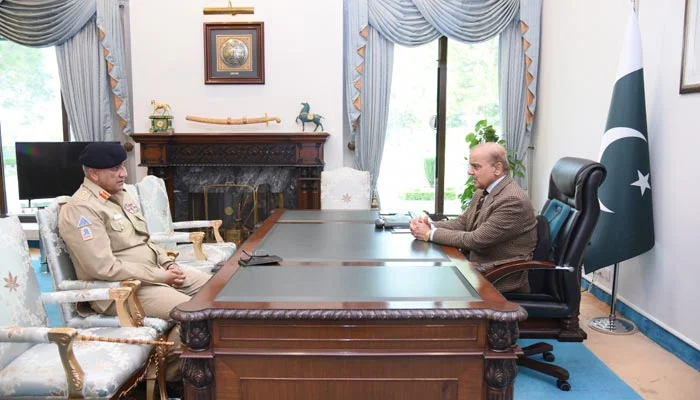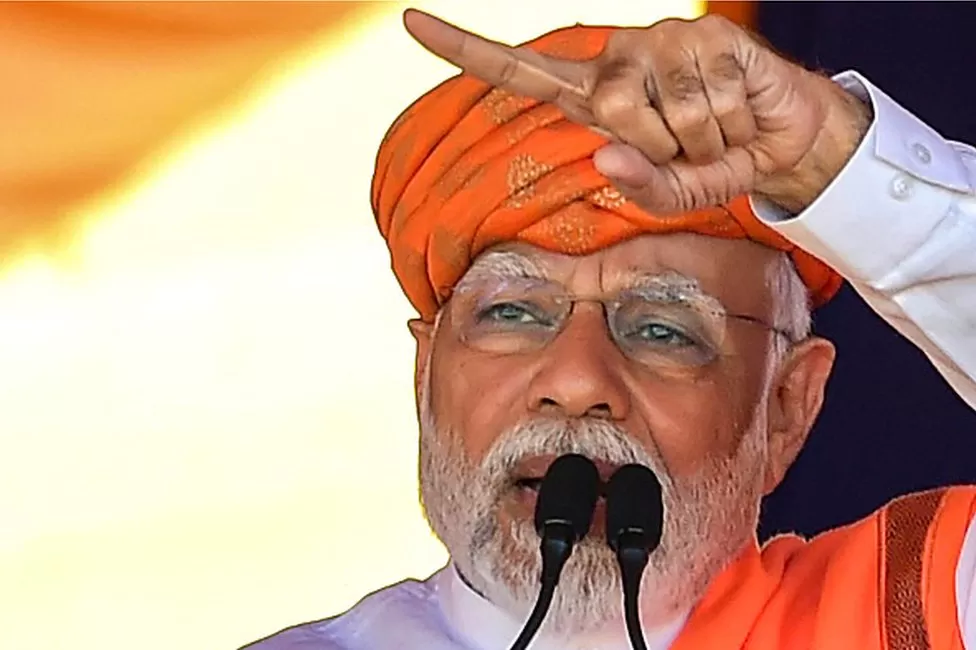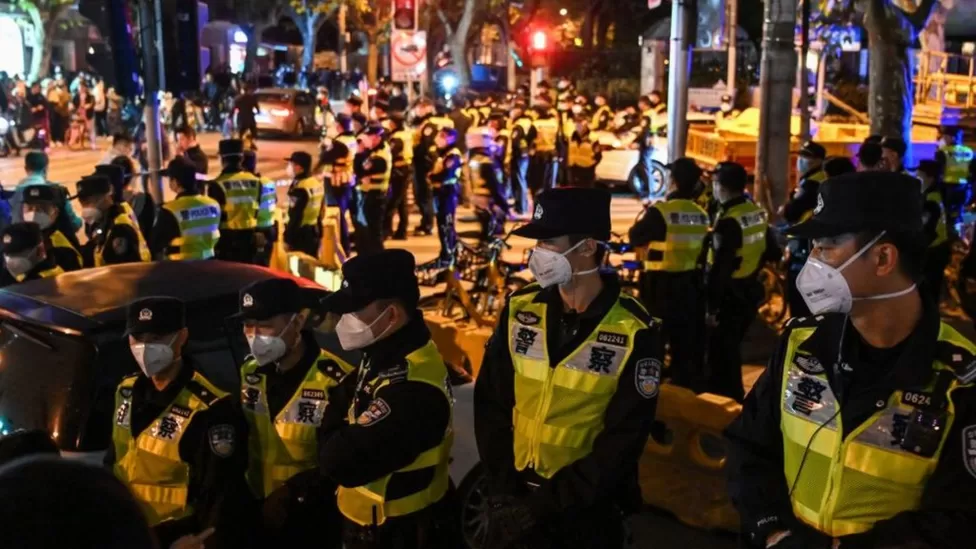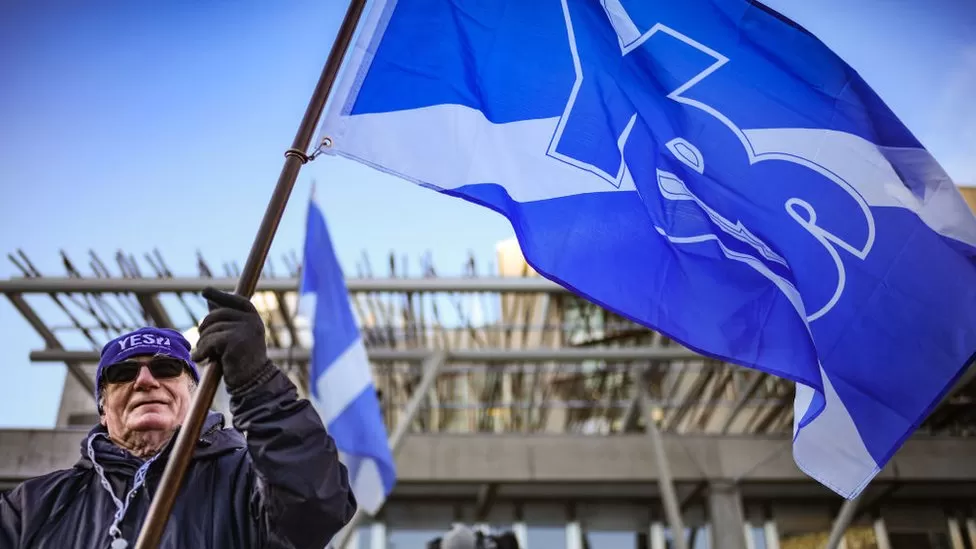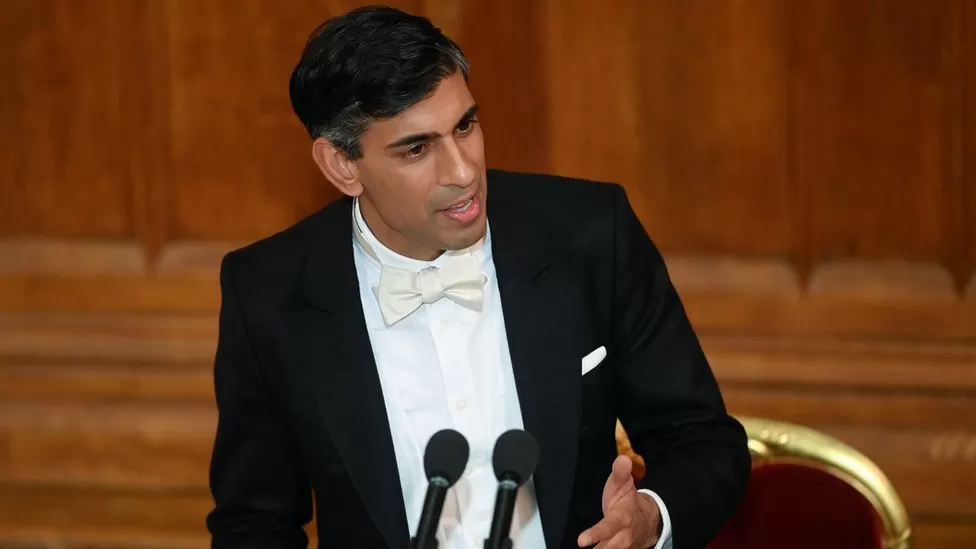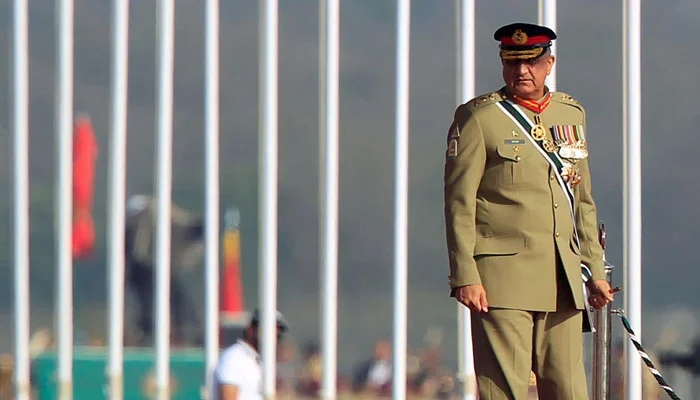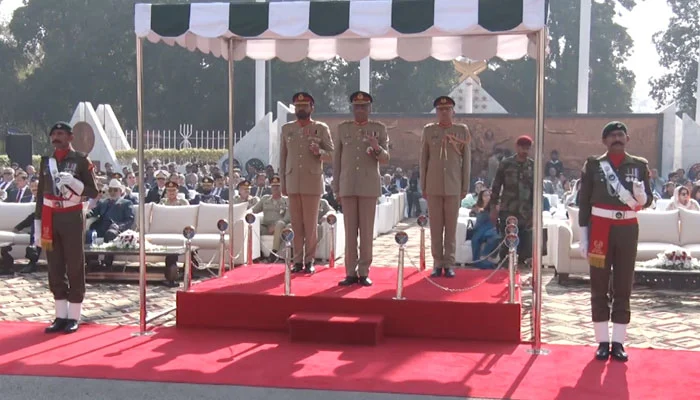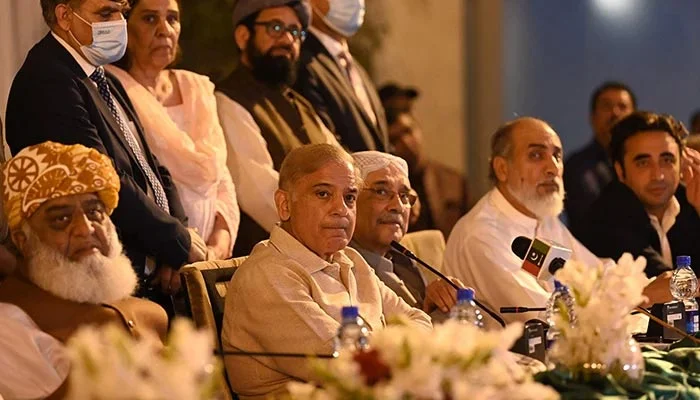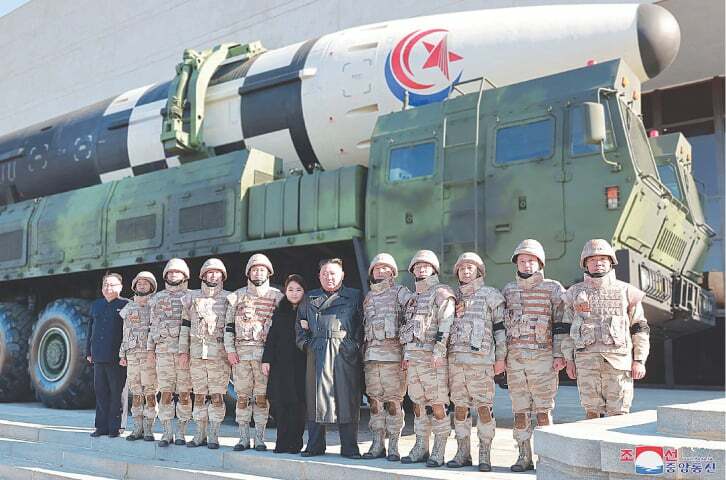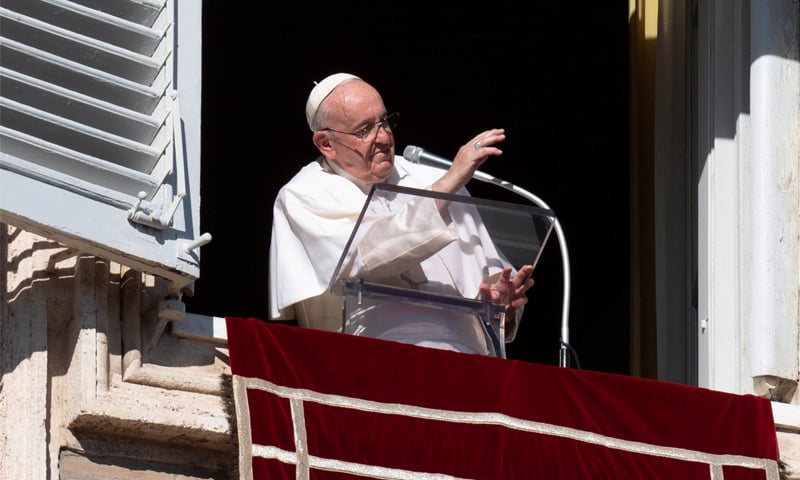LAHORE/ISLAMABAD: In a bid to counter an expected move by PTI to dissolve the Punjab Assembly, the PML-N called a parliamentary party meeting on Monday (today) to finalise a strategy,
Meanwhile, PTI Chairman Imran Khan has also summoned a meeting to discuss his plan with party leaders and consult on his announcement of resigning from the assemblies.
Sources in the PML-N said the party had not yet decided to bring in a no-confidence motion against Punjab Chief Minister Chaudhry Pervez Elahi because it would be difficult for it to show the required 186 members.
However, PML-N Vice President Hamza Shehbaz has called a meeting of the Punjab parliamentary party to discuss the options. They added that it was more likely the PML-N leadership would opt for asking Elahi to take a vote of confidence, through the Punjab governor.
They claimed that the option of bringing a no-confidence motion immediately was not under consideration but it would be discussed in the meeting. Legal aspects will be considered and consultation would take place on filing a review petition in the Supreme Court on the chief minister’s election.
When contacted, PML-N Punjab leader Azma Bukhari said the party would take every legal and constitutional step to stop the PTI from dissolving the Punjab Assembly. “With the strength of only two extra members, Pervez Elahi has no right to dissolve the assembly on the orders of a ‘Ghari Chor’ (watch thief),” she claimed.
To a question on the present governor treating Elahi like the PTI’s former governor dealing with the PML-N, she said the party would use all legal and constitutional options. To another question about resignations, she said: “They don’t have the guts to tender resignations. If Imran Khan forced his members to resign, the party will break into so much parts that he would not be able to count them,” she claimed, adding that and in case they resigned the PML-N would form a government in Punjab.
Meanwhile, former president and PPPP President Asif Ali Zardari sprang into action to deal with changing political developments. Finance Minister Senator Ishaq Dar visited Zardari House and held consultations with him. They discussed matters related to the political situation in the country with a focus on carving out a strategy for the changing political development, especially after Khan’s announcement of quitting the two provincial assemblies.
Sources said a meeting of heads of the coalition parties would be held next week to devise an action plan. Zardari has already decided to stay in Lahore as the coalition government is planning to get back the Punjab government while constitutional options are also under consideration to stop the PTI from dissolving the assembly.
On the other hand, CM Elahi has said that he will not take a minute to dissolve the Punjab Assembly if Imran Khan asked for it. “We are highly respectable and courteous people and whosoever we support we do not desert him,” he claimed.
In a video statement, he said whenever they tendered resignations the 27km government of Shahbaz Sharif would not be able to last for 27 hours. He maintained that Allah Almighty had granted Imran Khan a new life, adding that his political strategy entered a decisive round in the Rawalpindi rally. “The ‘sea’ of people in the Rawalpindi rally speaks volumes about Imran Khan’s immense popularity,” he added.
He said the “fake alliance” of the Pakistan Democratic Movement (PDM) would disintegrate soon after their resignations from the provincial assemblies. “PMLN leaders are imposters and they cannot refrain from speaking lies. They will come to know about their real worth in the election,” he charged. “The rule of law will prevail in the country and such productive work will be done which would benefit the common people along with their children. Its beginning has started in Punjab.”
Meanwhile, Minister for Information and Broadcasting Marriyum Aurangzeb said that Khan had become “irrelevant”. “The government is trying to fix the catastrophe wrought by Imran Khan during his four-year disastrous tenure,” she said in a statement, adding that “inflation, destruction of the economy and foreign relations, besides historic debt are all Imran Khan’s legacy”.
The government’s focus, she said, is only on problems faced by the people as it is committed to a clear agenda for the development and prosperity of Pakistan. “Through this agenda, the ruling alliance has made national priorities and a clear approach within Pakistan and to the outside world,” the minister added.
“Two characters of construction and destruction are before the nation,” she said while referring to PTI chief and Prime Minister Shehbaz Sharif. “Why should elections be held ahead of time because Imran Khan has lost power,” questioned Aurangzeb.
Taking a jibe at the PTI leadership, she said they had come to topple the federal government but left after announcing the overthrow of both their governments in Punjab and KP. The minister said though they had announced leaving the system, they were getting salaries as legislators and enjoying other benefits despite tendering resignation from the system.
“No face saving can work for the PTI as the public is fully aware of their real faces. Their acts of first resigning from the assemblies and then filing petitions in the high court, and neither returning the amount taken as salaries nor giving up benefits, vehicles and houses had exposed them, she added. She said the time and political situation had changed but one person’s lies, mischievous mindset and agenda had not changed.


